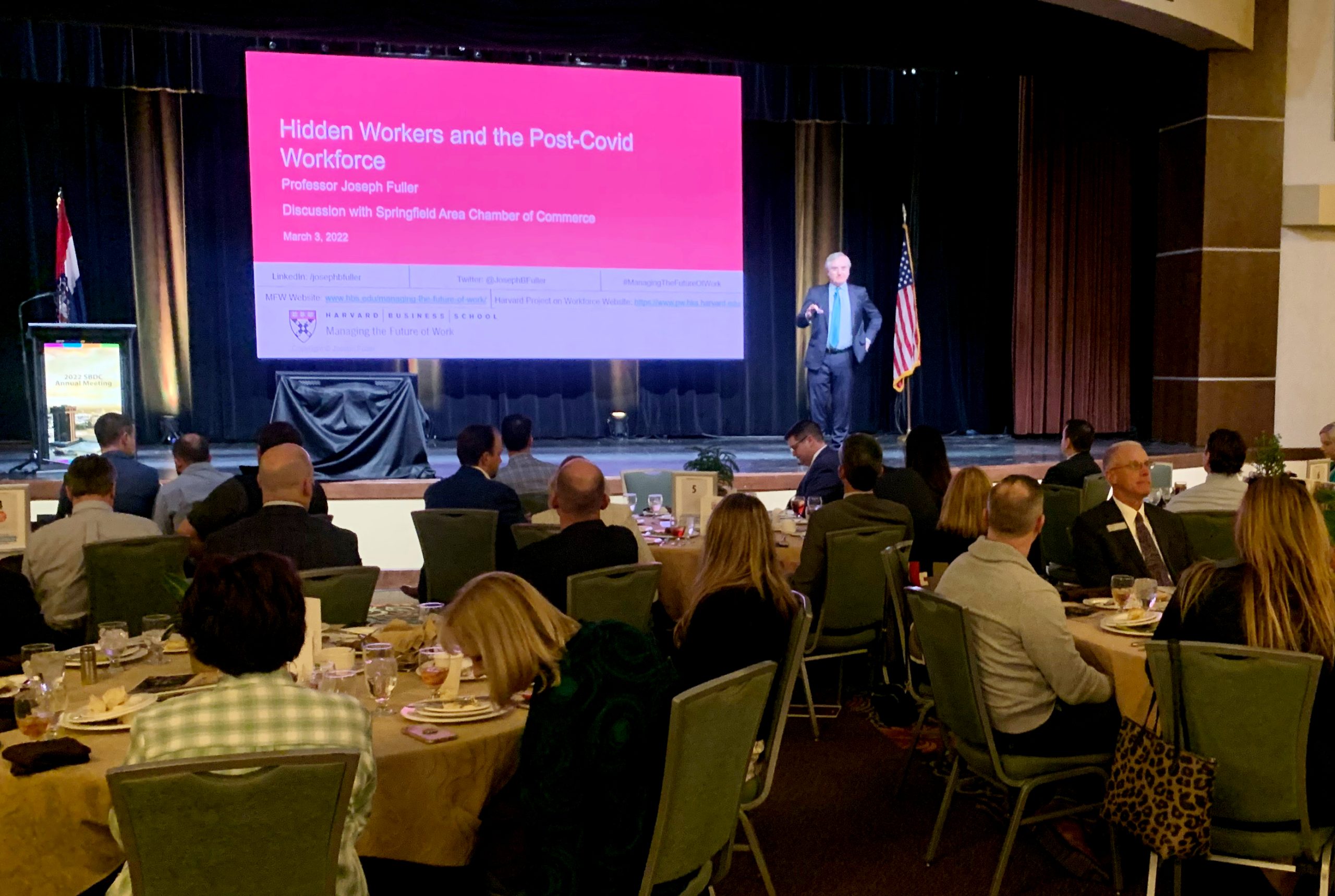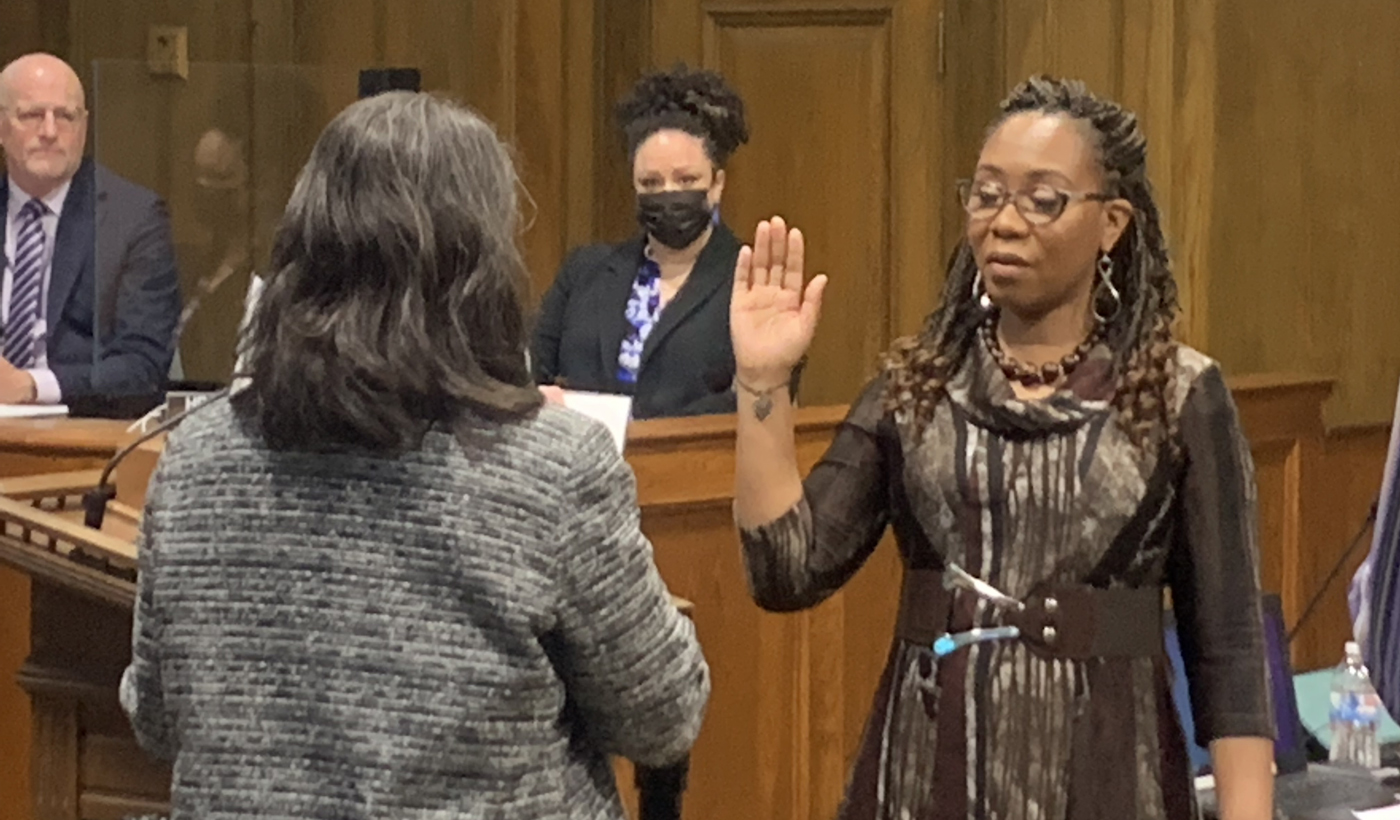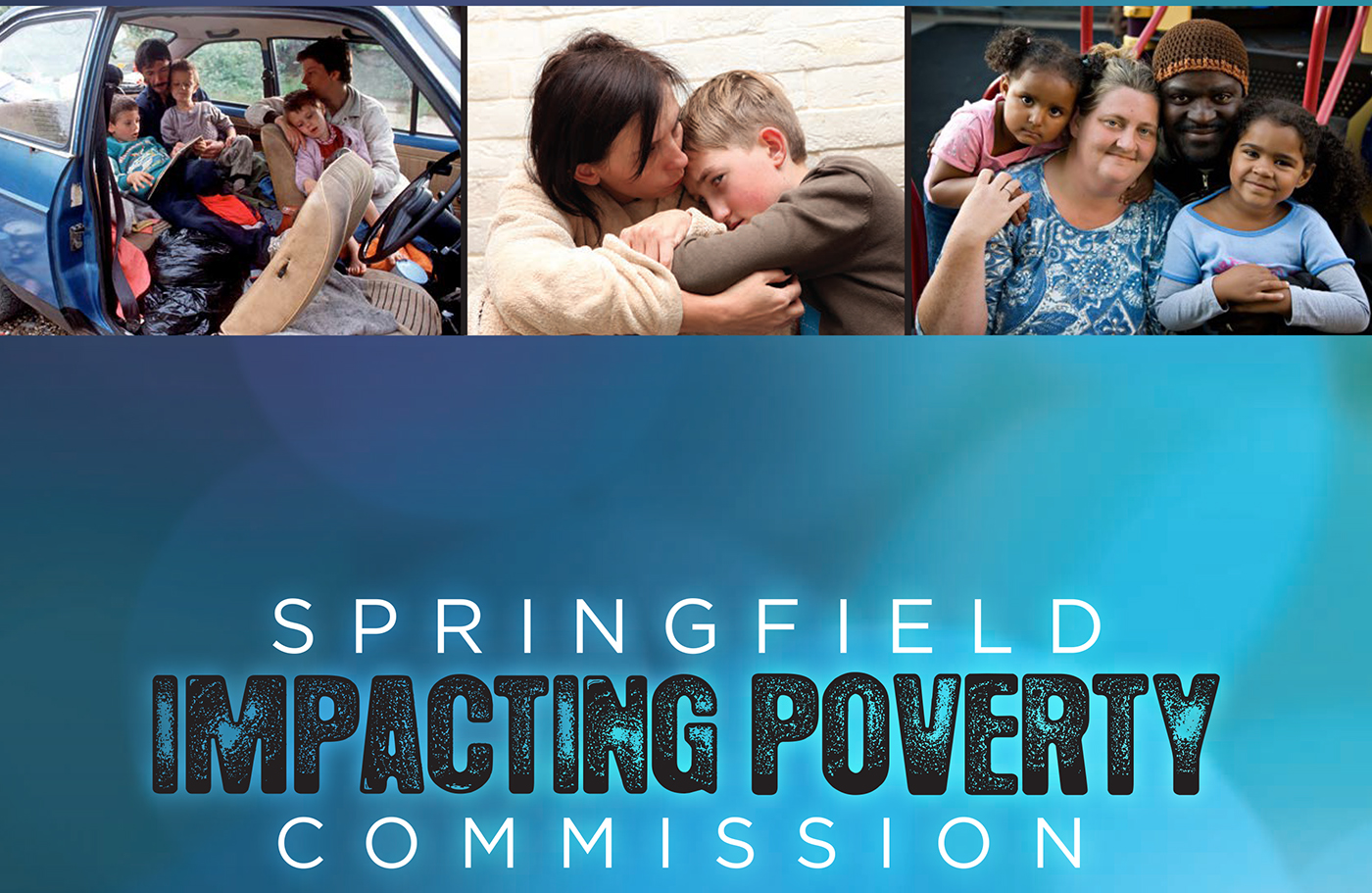OPINION |
“Prosper Springfield” is an initiative created from the Impacting Poverty Commission established in 2012-2013 to understand causes and effects of poverty and to set community goals.
The first goal was to reduce poverty by five percentage points and the second goal was to increase education beyond high school, both by 2025.
As director of “Prosper Springfield,” I oversee the goals by working with private, public, and social sector leaders to collaborate to meet these goals with a focus on education, housing, health, transportation, and job/financial security.
Over 80 percent of the recommendations were implemented.
In 2015, the poverty rate for Springfield was 25.7 percent — with the new 2020 U. S. Census report, the poverty rate is 21.7 percent. Springfield has made good progress, even with the impacts of COVID-19.
Several discoveries were made over the past five years with the use of disaggregated data: Racial/ethnic populations had poverty rate reductions by double-digits and one racial/ethnic population’s poverty rate increased by double-digits (Springfield was able to determine why).
You may ask the question, why does this matter? Thank you for asking! Springfield’s unemployment rate is less than 3 percent. However, African Americans/Blacks, Biracial (Black/White) and Individuals with Disabilities have double-digit unemployment rates.
This analysis was the catalyst for relooking at the Impacting Poverty Commission report through an “eye” of equity and inclusion. Prosper Springfield started seeing various intersecting populations such as Veterans, Individuals with Disabilities, LGBTQ+, Two or More Races. Data demonstrated greater disparities in poverty rates and employment.
Harvard University’s School of Business completed a study about so-called “Hidden Workers” with data and other information to explain overlooked talent. Overlooked talent consists of caregivers, immigrants/refugees, relocated partners/spouses, previously incarcerated individuals, and individuals previously without a home.
Springfield has several entities to connect employers to overlooked talent. The Job Center is a key place to assist with all classifications of hidden workers as well as staffing agencies.
- The Job Center has dedicated staff to assist individuals previously incarcerated. The federal government has a bonding program for hiring previously incarcerated individuals.
- The International Institute needs jobs for immigrants and refugees who come through their organization. They have more than 200 individuals/families from Ukraine in need of jobs and housing.
- The Ozarks Inclusion Partnership has many resources to connect businesses with individuals with disabilities who want to work.
According to the Harvard study, more than 90 percent of employers use applicant tracking systems, recruitment management systems and automated recruiting systems to filter and/or rank potential talent. These systems may be programmed to automatically disqualify a candidate or give them a lower ranking, which may eliminate qualified hidden talent. Also, many businesses have outdated job descriptions that could also contribute to missing talent through recruitment efforts.
Last month, Springfield’s City Council adopted guiding principles to make the city more inclusive with equitable access to opportunities by recognizing the inherent dignity, value and worth of each individual in our community.
Let’s look in our “backyard” and give opportunity to the hidden workers.
Within the next few months, a new community report will be published. It was created by the Equity and Prosperity Commission, established through Community Partnership of the Ozarks/Prosper Springfield to focus on the same categories from the Impacting Poverty Commission with an addition of personal safety.
The new recommendations are focused on strengthening systems — not creating more programs with new goals for Springfield to be the “Best in the Midwest” (adopted from the Missouri Department for Higher Education and Workforce Development).
I would be remiss if I do not include in this article my personal feelings about overlooked talent, hope and dreams. During the month of May, I heard about senseless deaths of young people in our city and in other states. In my opinion, when can we move toward agreeing to disagree and make Springfield a place that gets it right?





